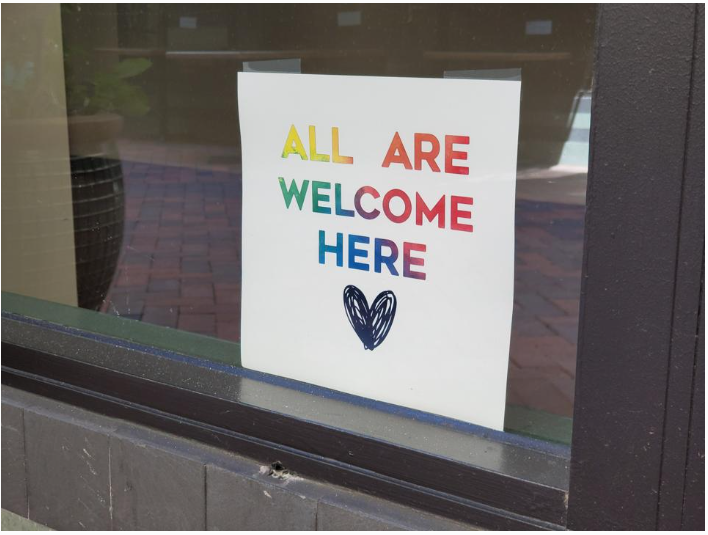
Amid growing political pressure and executive orders to roll back diversity efforts, a clear question is rising: should companies keep DEI programs in place? According to a sweeping new survey, the answer from corporate America’s top leaders is a resounding yes. The research reveals that the majority of U.S. executives believe that maintaining or even expanding Diversity, Equity, and Inclusion (DEI) initiatives is not only ethically right—but also good for business. With over 2,500 corporate leaders and employees surveyed, this data signals a shift toward long-term commitment, despite short-term political headwinds.
Why U.S. Executives Support Keeping DEI Programs
The survey, led by Catalyst and NYU’s Meltzer Center, found that 83% of C-suite leaders and 88% of legal leaders believe companies should keep DEI programs to mitigate legal risk. More notably, 77% said DEI supports better financial performance, and 81% believe it strengthens customer loyalty. That’s not just good PR—it’s a sound business case. These leaders recognize that DEI is not a “nice-to-have” but a strategic asset that helps retain talent, drive innovation, and build trust across diverse customer bases.
The Data Behind Why Companies Should Keep DEI Programs
Beyond executive support, the research also shows that employees are overwhelmingly in favor of DEI. Over 80% support inclusive hiring, resource groups, and bias training. Even as mentions of DEI in corporate reports have dropped 72% between 2024 and 2025, employees and leaders agree: scrapping DEI initiatives is risky. As Christina Joseph of NYU’s Meltzer Center points out, “Opting out of DEI is not neutral—it’s a choice with consequences.” Eliminating these programs can reintroduce harmful practices and increase legal exposure.
The Future: DEI as a Business Imperative, Not a Trend
Despite political pushback, the evidence supporting DEI’s business value is growing stronger. From McKinsey’s landmark studies to firsthand leadership experience, data continues to show that diverse companies outperform their peers. As Catalyst’s CEO Jennifer McCollum notes, “Inclusion has never been a liability—it’s a competitive advantage.” Companies that stay grounded in their values and resist reactive rollbacks will emerge stronger. In a time of division, keeping DEI programs is not just a moral choice—it’s a smart, future-ready one.
